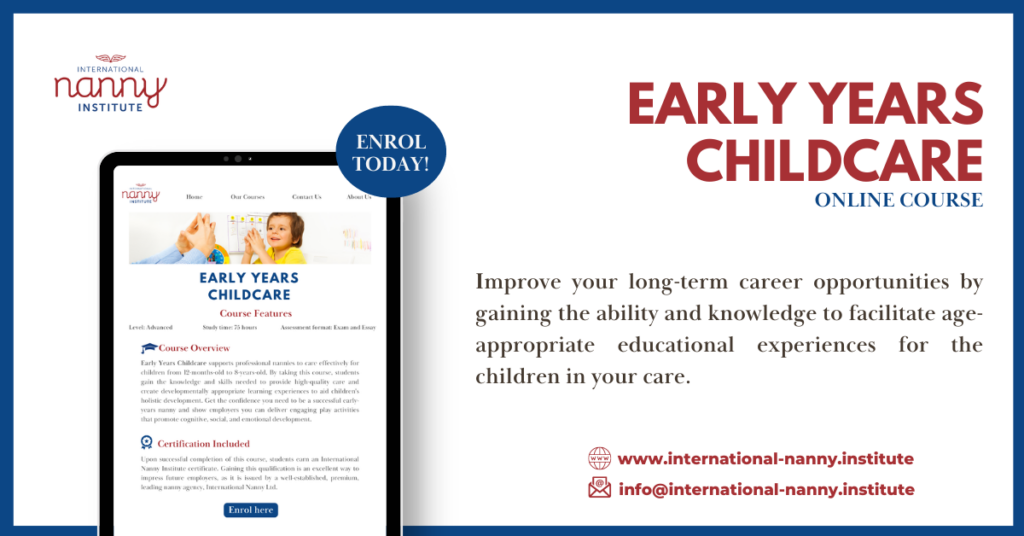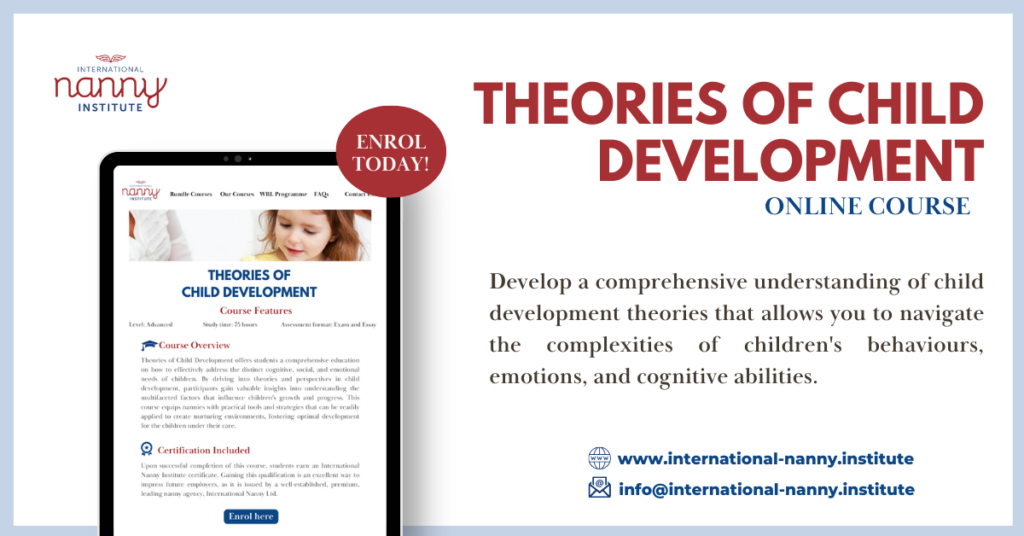As young children grow and transition from toddlerhood to the preschool stage, they undergo a transformative period marked by significant advancements in their physical, cognitive, and social-emotional capacities. With a deep curiosity about the world and a growing sense of independence, this age group presents both exciting opportunities and unique challenges for caregivers and parents alike.

Preschool-aged children, or children between the ages of 2 to 4-years old, face a unique set of developmental milestones that require effective caregiving strategies to support their growth. These developmental milestones include:
Physical Development
Preschoolers exhibit remarkable improvements in their gross and fine motor skills, enabling them to engage in more complex physical activities, such as climbing, running, and manipulating small objects with greater dexterity. Providing ample opportunities for active play, both indoors and outdoors, can help foster their physical development.
Cognitive Development
During the preschool years, children’s cognitive abilities soar, with advancements in language, problem-solving, and memory skills. They begin to engage in more complex, imaginative play, and demonstrate an increased understanding of concepts like numbers, colours, and shapes. Incorporating age-appropriate educational activities and encouraging exploration can nurture their intellectual growth.

Social-Emotional Development
During these years, preschoolers are learning to navigate the complexities of social interactions, developing a stronger sense of self, and beginning to regulate their emotions more effectively. They may exhibit a growing interest in forming friendships and engaging in cooperative play. Caregivers can help by modelling positive social skills, validating emotions, and facilitating opportunities for social interaction can support their social-emotional development.
Caregiving Strategies
As caregivers, our role is to create a stimulating, nurturing, and structured environment that caters to the unique needs of preschoolers. This may involve:
- Establishing clear routines and expectations
- Providing a variety of engaging, age-appropriate activities and materials
- Encouraging independent exploration and decision-making
- Fostering positive peer interactions and conflict resolution skills
- Offering guidance and support with emotional regulation
The preschool years are a time of incredible growth, learning, and exploration – and as a caregiver, you have the privilege of nurturing this transformative stage. By understanding the developmental milestones of the preschool years and tailoring our caregiving approaches accordingly, we can help children aged 2 to 4 years old thrive and reach their full potential. When enrolling in the “Early Years Childcare” course with the International Nanny Institute, you’ll learn how to create enriching, age-appropriate learning environments, facilitate positive peer interactions, and support the unique needs of this dynamic age group.

Are you ready to:
- Deliver exceptional, personalised care that exceeds families’ expectations
- Differentiate your expertise and command higher earning potential in the job market
- Forge stronger, more collaborative relationships with the families you serve
- Explore new career opportunities in the thriving early childhood education sector
- Empower the young learners in your care to reach their full potential

Start making changes and invest in your career today by enrolling in “Early Years Childcare”. It’s time to make a lasting impact in the lives of your young charges and in your professional future.








